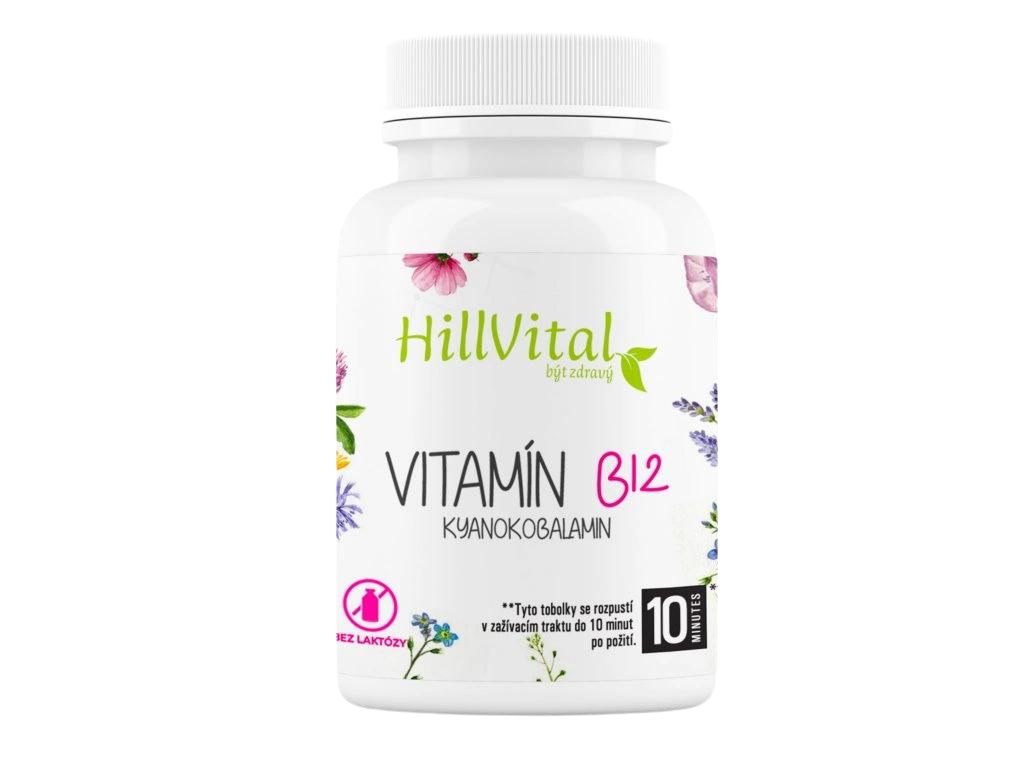Vitamin B12 contributes to the reduction of states of exhaustion, helps in the regulation of moods, alleviates the symptoms of depression.
Vitamin B12 is a water-soluble vitamin. The richest sources of vitamin B12 are foods of animal origin (meat, fish, dairy products). However, it is also added to other types of food, such as cereals. Vitamin B12 has a direct effect on many physiological processes, which is why its deficiency often causes unpleasant health problems.
Effects of vitamin B12
- Contributes to the proper functioning of the immune system.
- Helps in the formation of red blood cells.
- Supports proper nerve cell function.
- Contributes to the reduction of states of exhaustion and fatigue.
- Relieves the manifestations of depression.
Proper vitamin B12 levels are key for a healthy pregnancy and healthy fetal development. Low levels carry with them the risk of premature birth, miscarriage, or brain and neurological disorders in the newborn.
Vegetarians or vegans may suffer from vitamin B12 deficiency. Their diet consisting of products of plant origin does not contain this vitamin almost at all. Persons over 60 years of age and those suffering from digestive and absorption disorders may also be deficient. Supplementing vitamin B12 can be a lifesaver, a source of energy and new strength if you suffer from a deficiency.
This product has been marketed as a dietary supplement. It is not intended as a substitute for a varied diet. Do not exceed the recommended dosage. Keep out of reach of small children. Not suitable for children under 3 years of age, pregnant and lactating women. Minimum shelf life indicated on the packaging.




